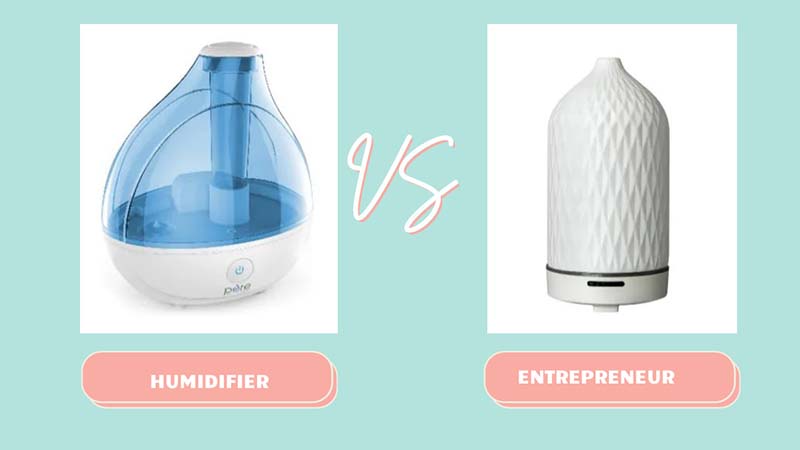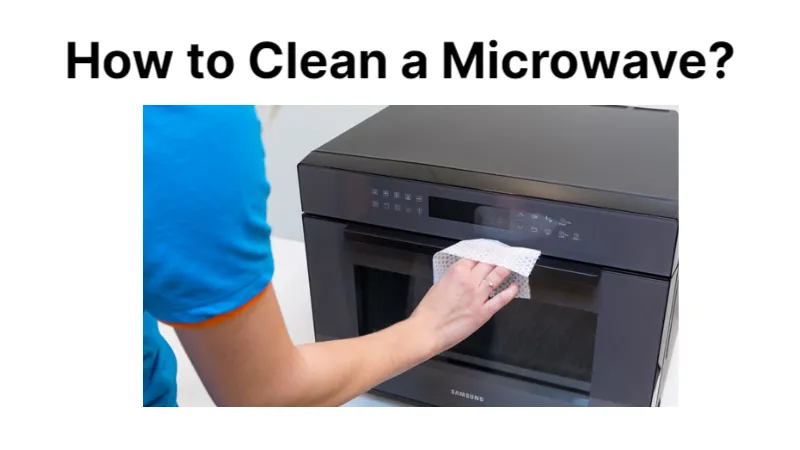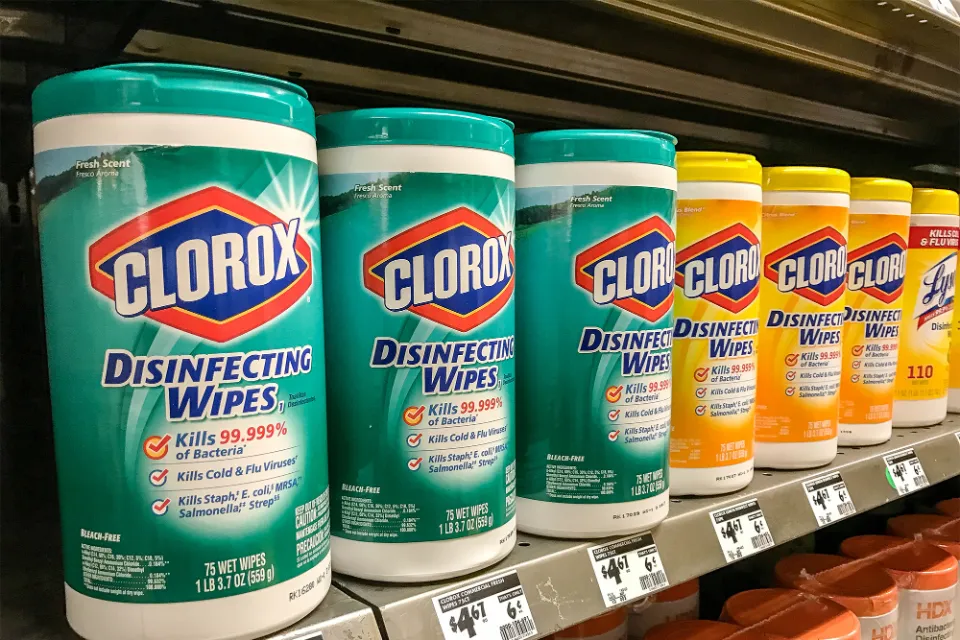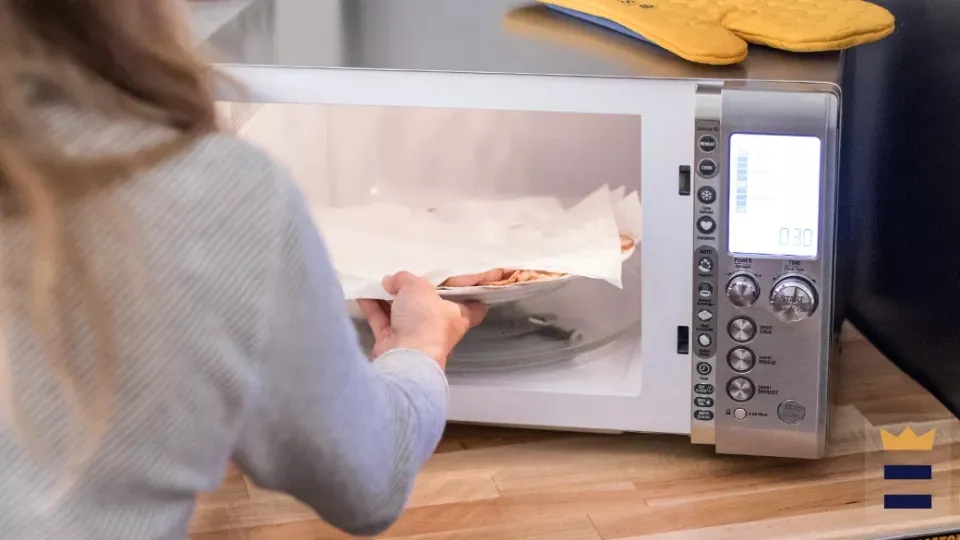Diffusers and humidifiers are often mistaken for one another because they can have external similarities or serve similar purposes. To determine Humidifier Vs Diffuser, or both may be the best option for you, look at the comparison below.
Humidifier Vs Diffuser – The small tank size of an essential oil diffuser prevents it from reaping the full rewards of higher relative humidity, but it can still slightly increase humidity. However, adding essential oils to a humidifier that is not designed to accommodate them will usually result in machine damage.
Please read on for more detailed information.
What is a Humidifier?
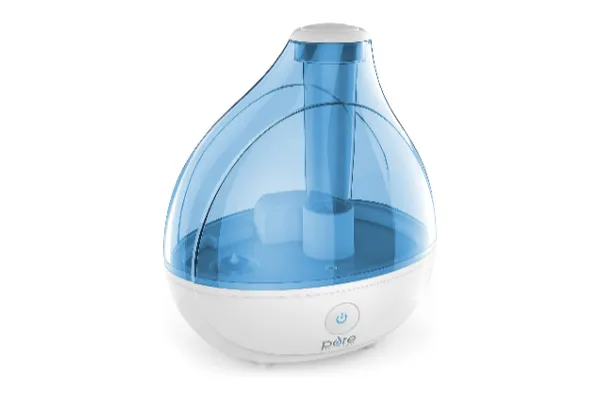
A humidifier is intended to increase moisture levels (otherwise known as “humidity”) in your home, office, or personal space by releasing water vapor into the air.
The ideal humidity level in your home is between 40-60%, whether you live in the tropics of igloos in Greenland or Costa Rica. 40-60% sounds like a reasonable number, right? Depending on how frequently you use your heater or air conditioner, among other things, your home probably has a moisture content of between 20% and 30%.
The following are a few health and wellness advantages of raising the relative humidity in your home or place of business.
Read about
Types of Humidifiers
Humidifiers can be divided into three main groups: ultrasonic, evaporative, and steam-based. The amount of moisture in the air is increased by all humidifiers, regardless of the category you choose, but there are differences in how the water vapor is released.
Ultrasonic Humidifier
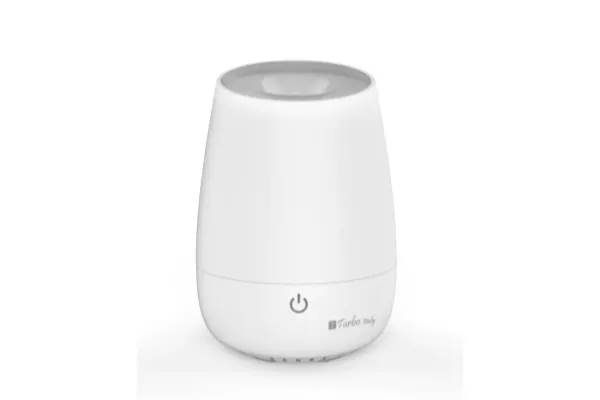
The ultrasonic humidifier produces water droplets by rapidly vibrating a metal diaphragm, which are then expelled by a fan as cool mist.
Cool Mist Humidifiers
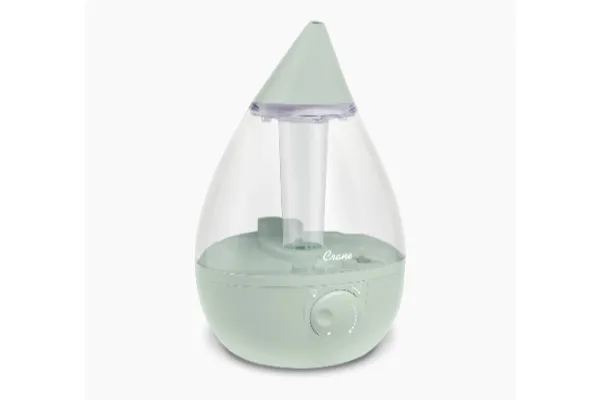
Cool mist humidifiers release cool water vapor to increase humidity in a space. The majority of cool mist humidifiers mist water into the air using a fan.
This kind of humidifier works well, won’t overheat the house, and is kid-safe. To stop the growth of bacteria and mold, they will need to be cleaned occasionally.
Takeaway: It is simple to maintain, works well in bigger spaces, and is ideal for use in warm climates.
Warm Mist Humidifiers
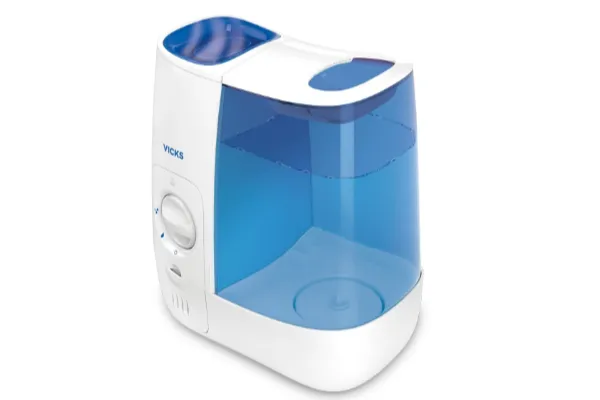
Warm mist humidifiers have an internal heater element to heat the water, which theoretically could help warm the air. In comparison to a cold mist, this humidifier is more effective because warm air holds more moisture than cold air.
Yes, more efficient, but more effective? Perhaps not; warm mist humidifiers could consume up to ten times more electricity due to the heating element.
Takeaway: quiet, better at cleansing the air, perfect for cooler weather, does not cover as much surface area.
What is a Diffuser?
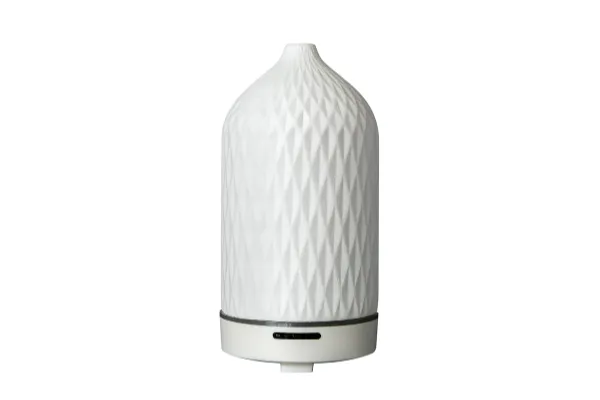
A diffuser is a device that disperses essential oils into the air in the form of a fine mist. In essence, the essential oils combine with a water droplet, which is then fanned out into the space to release the aromatic properties of the essential oil.
Diffusers have countless applications. Diffusers can, at the most basic level, create a room that smells absolutely divine. Even better, you get to customize the scent in your diffuser entirely based on your personal preferences by selecting the essential oil or essential oil blend to add.
You might also be curious about Aera Diffuser Review, so should you get it?
Types of Diffusers
Diffusers work the same way as their respective humidifiers and can be heat-based, evaporative, or ultrasonic in nature. The only type of diffuser that cannot be compared to a humidifier is the nebulizing diffuser, though.
Ultrasonic Diffusers
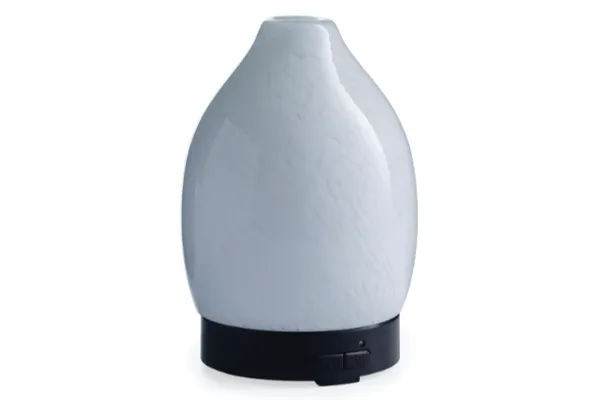
This kind of diffuser emits a mist of water that is made of water. Despite the fact that very little water is actually dispersed, ultrasonic diffusers are similar to humidifiers. My go-to diffuser is in this style. They run nonstop for hours and are safe, simple to use, simple to clean.
Nebulizing Diffusers
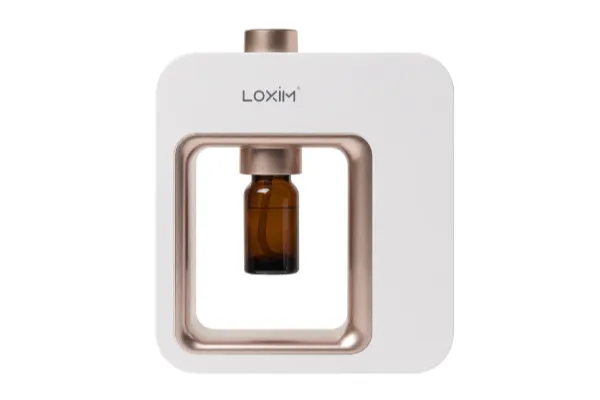
The essential oils are dispersed into the air by nebulizer diffusers, which release pressurized air in brief bursts. Since there is no heating element or water involved, this type of diffuser is completely safe. These diffusers can also produce a potent aroma and are very quiet, simple to use, and mess-free.
Reed Diffusers
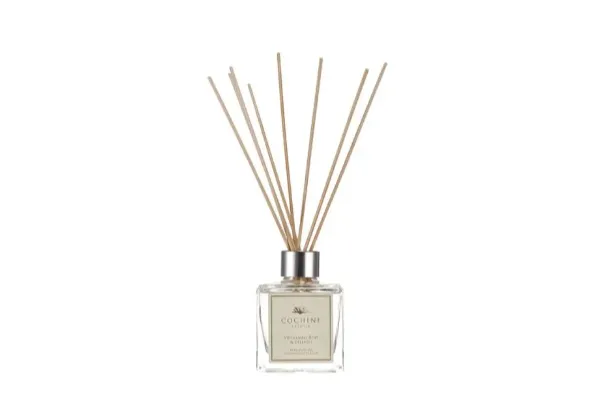
Reed diffusers have long reeds sticking out the top of a narrow-necked bottle that contains water and essential oils. The oils are taken up by the reeds, where they rise to the top and evaporate, releasing the fragrance into the atmosphere. It has barely any fragrance, but it looks great, is simple to make, and is ideal for use around animals.
Heat Diffusers
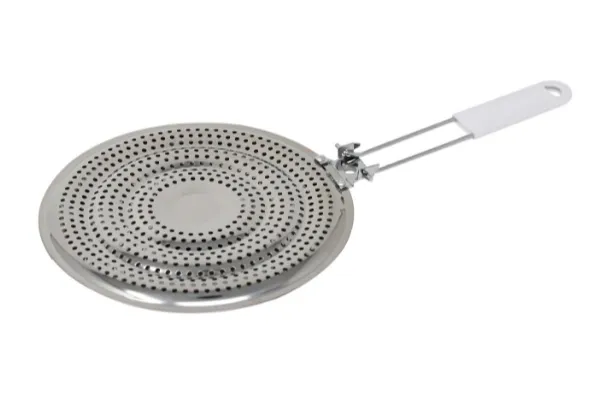
Essential oils are gradually evaporated by heating elements in heat diffusers. These are more uncommon but usually involve heating and evaporating a water and oil mixture.
Another way that some heat diffusers function is by heating a pad that contains a few drops of oil and allowing the oil to slowly evaporate. The aromatherapy benefits of oils can, however, be diminished when they are heated. I do not use this kind of diffuser as a result.
Pros of Using a Humidifier
Since most of our time is spent indoors, maintaining good health requires improving the indoor environment. Particularly in the winter, when the air is colder and holds less moisture, dry air can cause a number of discomforts and health problems. Between 30% and 50% is the range where the humidity is ideal for the majority of situations.
HumidifierS’ benefits include helping you maintain a healthy moisture level, but it also has a few minor drawbacks that you should be aware of.
Humidifiers Reduce a Cause of Skin Dryness
Your skin becomes dry and irritated when exposed to dry air, which robs it of moisture. Although moisturizing lotion can help, you’ll still be exposing your skin to dry air for several hours each day.
Using a portable humidifier is the one of the best and most convenient ways to increase indoor humidity room by room. Your skin will retain more moisture if there is more moisture in the air because less of it will evaporate. Humidifiers that produce cool mist or warm mist can help you feel more refreshed and comfortable all day long by combating the dry air that leads to skin dryness.
Humidifiers Reduce Triggers of Sinus Problems
Dry air can cause sore throats, sinus problems, and other minor breathing difficulties. It is the cause of scratchy throats, dry coughs, and itchy noses.
To increase the humidity in the air in your bedroom, install a humidifier. Increased humidity aids in lowering the likelihood of throat irritation and itchy noses brought on by dry air. Additionally, it can lead to coughs that are more effective at clearing mucus and improving your breathing.
Humidifiers Help Protect Hardwood Floors
There is a chance that wood will warp over time because it shrinks and expands in response to the moisture in the air. The lifespan of/protection from warping of your hardwood floor may be increased by maintaining a constant humidity level throughout the dryer, cooler seasons.
Read about
Pros of Using a Diffuser
Use a diffuser to introduce reviving, energizing, or calming essential oils to your home. Your mental and physical health can benefit when certain essential oils are diffused in the air.
Diffusers use several technologies:
- Evaporative diffuserssometimes use small fans to blow air through a filter or pad onto which you place a few drops of oil. In doing so, the oil gradually permeates the air.
- Heated diffuserscan disperse essential oils by warming the oil, causing it to evaporate.
- Ultrasonic diffusersuse ultrasonic vibrations to create a fine mist from an essential oil, which is typically held in water. Because the essential oil particles are so tiny, the mist can disperse them into the atmosphere.
- Nebulizer diffusersuse pressurized air to atomize the essential oils. As it leaves the diffuser, the mist fills a glass tube and fills the entire space. Essential oil mist released by a nebulizer is entirely pure.
Diffusers Activate Aromatherapy Benefits
Aromatherapy with essential oils has been said to have calming effects, according to users. The aroma of the essential oil can evoke particular emotions, affecting your mood and promoting relaxation. You can incorporate an aromatherapy diffuser into your relaxation routine.
Diffusers Are Simple to Operate
Diffusers, like humidifiers, are simple to operate and maintain. Since they have few moving parts, cleaning them is also a breeze.
Put a few drops of your preferred essential oil scent on the filter pad or in the reservoir, then turn the appliance on to fill your home with calming and energizing scents.
Diffusers Can Use Many Different Scents
It can be challenging to select a scent you like at first if you’ve never used an essential oil diffuser before. You’ll discover the ideal aroma for you after experimenting with a few different kinds of oils. Even better, you can continue to sample the many different scents on offer to find new favorites.
Essential Oil Diffuser Features
Some diffusers have LED lights built in, which make excellent nightlights. However, look for a diffuser model that allows you to turn off the bright lights if you worry that they might keep you up at night. Even though the majority of diffusers operate almost silently, this is still a crucial feature to consider.
The Similarities & Differences
A humidifier vs a diffuser, though seemingly very similar, have two very different specialties: a humidifier significantly increases the humidity levels of a room while a diffuser releases the benefits of essential oils into a space.
Both a humidifier and all types of diffusers except for the nebulizing diffuser release moisture into the air through water droplets. This means that the ultrasonic, evaporative and heat-based diffusers can essentially humidify. However, compared to humidifiers, diffusers typically have water tanks that are significantly smaller (100mL to 500mL at most). A diffuser can only humidify a very small space due to the smaller tank size, which makes a humidifier the better choice for the full health benefits of increased home humidity levels.
On the other hand, humidifiers are not intended for the diffusion of essential oils. In fact, adding essential oils to a non-compatible humidifier can damage your device, especially if you intend to use citrus essential oils. You need a humidifier with the ability to diffuse essential oils if you want to take advantage of their benefits while humidifying.
Read about Air Purifier Vs Humidifier
Which One is Right for Me—Diffuser Vs. Humidifier?
If you want to increase the humidity in your home to reduce the risk of irritation and sore throats, choose a humidifier. You may feel more at ease and get a better night’s sleep if the air has more moisture.
Choose a model with a water tank big enough to last all night. You can predict how often you’ll need to fill the humidifier by looking at its runtime. Choose a humidifier that runs quietly and has simple-to-change filters as well.
Measure the area of the room and compare it to the recommended room size for each humidifier before making your selection to make sure it will fit.
If you want to use essential oils for aromatherapy, choose a diffuser. Find a model that uses your preferred diffusion technology and is compatible with your favorite essential oils. You can contrast the recommended room sizes and runtimes for each as well.
The styles and designs of diffusers are diverse. Many have LED lights that can be programmed to change colors or cycle through patterns. You can select a diffuser that complements the interior design of your house and doubles as a nightlight.
